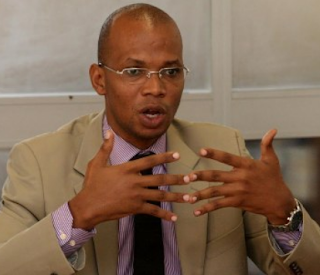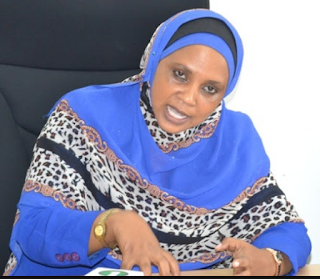THE government has ruled out any stand-off on exploration of oil and gas
as well as boundaries between the United Republic of Tanzania and
Zanzibar Revolutionary Government, the National Assembly was told
yesterday.
Minister of State in the President’s
Office (Union Affairs and Environment), Mr January Makamba, made the
assurance in the House here yesterday when responding to a question by
Mr Jaku Hashim Ayuob (Zanzibar House of Representatives - CCM).
In his question, the MP had claimed that
the Tanzania Petroleum Development Corporation (TPDC) had granted
exploration licences for block number 7 and 8 bordering Latham (Fungu
Maraca) Island without the consent of the Zanzibar government.
Mr Ayoub went on to allege that there
was a crisis on the ownership of the island between the two governments,
stressing that the dispute was due to possible oil and gas reserves at
the area.
However, Mr Makamba said there was
neither border nor ownership disputes on the island as all borders have
been stipulated in the constitutions of the United Republic of Tanzania
and Zanzibar Revolutionary Government.
“Among the 14 contested issues between
the two governments, which have been solved while others are being
worked on, there hasn’t been any matter related to borders,” the
minister explained.
Mr Makamba elaborated further that TPDC
had in the past granted licences for exploration of oil and gas for the
blocks in question in line with Petroleum and Gas Exploration Act of
1980 since at that time the search for the precious liquid were
considered Union Matters.
“However, at this moment the two
governments have agreed to exclude exploration and production of oil and
natural gas from the Union Matters,” Mr Makamba said during the
Question and Answer session, which was chaired by Bariadi West MP, Mr
Andrew Chenge (CCM).
He added that as the constitutional
process to exclude the matter from Union Matters was in progress, the
two parties have agreed to put in place legal arrangements to allow
Zanzibar to start exploration and production of the resources.”
According to the minister, Section 2 (2)
(b) of the new Petroleum Act of 2015 allows the government of Zanzibar
to conduct the search of the precious liquid in the islands. “It is on
this backdrop that the government of Zanzibar is currently working to
enact its own legislation for exploration and production of oil and
gas,” he explained.
Mr Makamba noted that even if a crisis
arises between the two parties, there were modalities to address it as
the two parts of the Union “are made up of people with historical and
close relations.’’




































